
Vitamin D3 cuts second heart attack risk by half

What if a simple, common vitamin could dramatically reduce your chances of having another heart attack? For the millions of people who have survived a heart attack, this isn’t just a hopeful question—it’s the focus of groundbreaking new research. A recent study from scientists at Intermountain Health has found that a personalized approach to vitamin D3 supplementation can cut the risk of a repeat heart attack by a staggering 50%.
This isn’t about just popping a standard vitamin pill. Researchers discovered that by carefully monitoring patients’ vitamin D levels and tailoring doses to meet a specific target, they could provide a powerful new layer of protection for your heart. It’s a revolutionary concept, offering new hope for people at risk of further heart problems.
Key Takeaways
-
Personalized is Key: A customized vitamin D3 treatment plan can reduce the risk of a second heart attack by 50% in survivors.
-
Targeted Levels: The goal is to get and keep your blood vitamin D levels above 40 nanograms per milliliter (ng/mL).
-
Higher Doses Needed: Many patients in the study required initial daily doses of 5,000 IU—much higher than the generally recommended 600-800 IU—to reach the target level, with no adverse effects reported.
-
A New Strategy: This “target-to-treat” method proved far more effective than previous studies that used a one-size-fits-all dosage. It opens up the possibility of customizing treatments to maximize their impact on heart health.
A New Approach to an Old Vitamin
For years, scientists have known there’s a link between low vitamin D levels and poor heart health. The problem is, most studies that tried to fix this with supplements showed little to no benefit. Why? Researchers now believe it’s because those studies gave everyone the same standard dose. They didn’t consider that individuals might absorb or respond to vitamins differently, which is crucial when designing effective treatments.
This new study, called TARGET-D, took a different path. Instead of a one-size-fits-all approach, the research team at Intermountain Health developed personalized treatment plans. They recognized that everyone absorbs and processes vitamins differently, so your needs might be very different from someone else’s. The goal wasn’t just to give you a supplement; it was to ensure your body reached an optimal level of vitamin D3, tailored specifically to your needs.
How the Study Worked
The study followed 630 patients who had recently experienced a heart attack. These participants were split into two groups. One group received the typical care you’d expect after a heart attack, with no specific vitamin D management. The other group received targeted vitamin D3 treatment, with customized dosage adjustments based on each person’s needs.
For the treatment group, the mission was clear: get their blood vitamin D3 levels above 40 ng/mL and keep them there. At the beginning, a whopping 85% of all participants were below this threshold. Doctors monitored these patients’ blood levels every three months, adjusting their vitamin D3 dosage until they hit the target. Once they reached the goal, they were checked annually. This careful, customized management was the secret to the study’s success.
The Striking Results: A 50% Reduction in Risk
After tracking the patients from 2017 to 2023, the results were stunning. While there wasn’t a significant difference in the overall risk of major cardiovascular events like stroke or death between the two groups, there was one huge exception. The patients who received targeted vitamin D therapy saw their risk of suffering a second heart attack cut in half.
This is a massive breakthrough. It suggests that by focusing on this one specific nutrient in a personalized way, you and your doctor can take a significant step toward preventing another life-threatening event. Importantly, the researchers also reported “no adverse outcomes when giving patients higher doses of vitamin D3 supplementation,” making it a safe strategy. This adds to the significance of the study, showing that higher doses can be beneficial and safe without causing harm.
Conclusion
This research offers powerful new hope for heart attack survivors. It shows that a simple, personalized vitamin D3 plan could be a game-changer in your long-term recovery and health. While the researchers are planning a larger trial to confirm these exciting findings, the results suggest a conversation with your doctor about your vitamin D levels is more important than ever. With heart disease still a leading cause of death worldwide, this breakthrough could become an essential part of prevention strategies, helping millions of people protect themselves from future heart attacks and related health issues.
As we continue to explore more ways to optimize health through personalized medicine, vitamin D3 may soon be seen not just as a common supplement, but as a powerful tool in fighting heart disease.
News in the same category

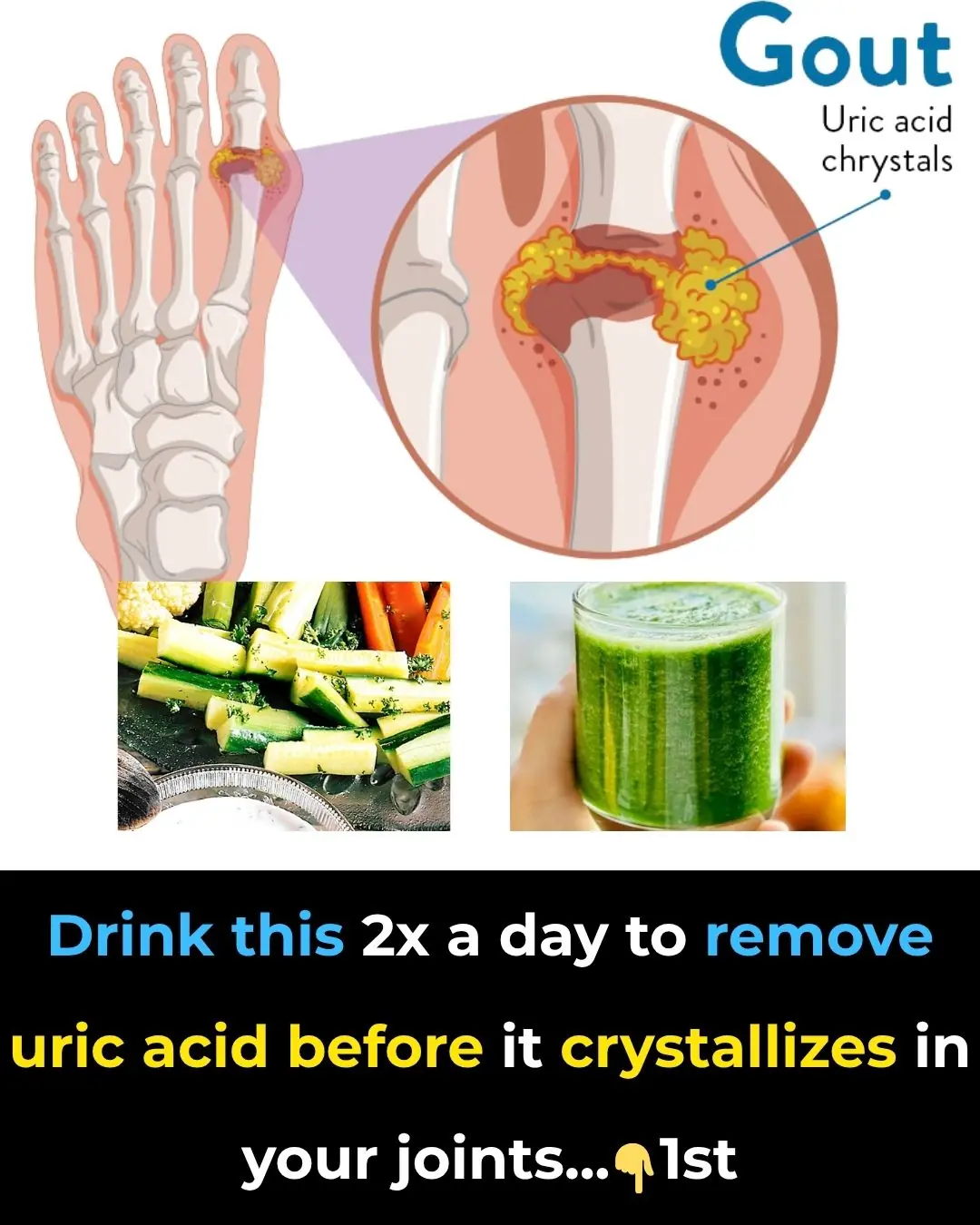
Drink This 2X a Day to Remove Uric Acid Before it Crystallizes in Your Joints and Becomes Painful
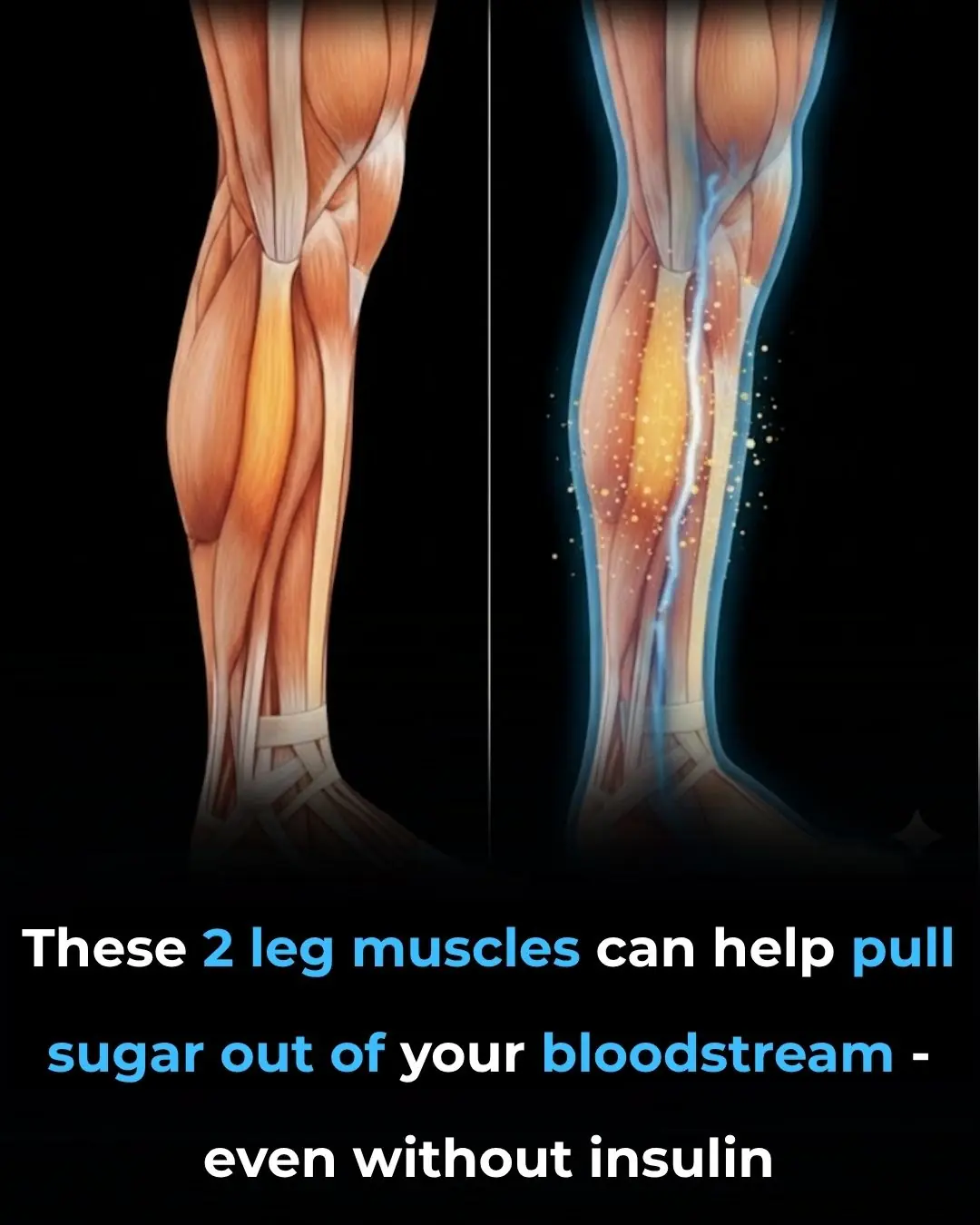
Lower blood sugar naturally by training just 2 leg muscles
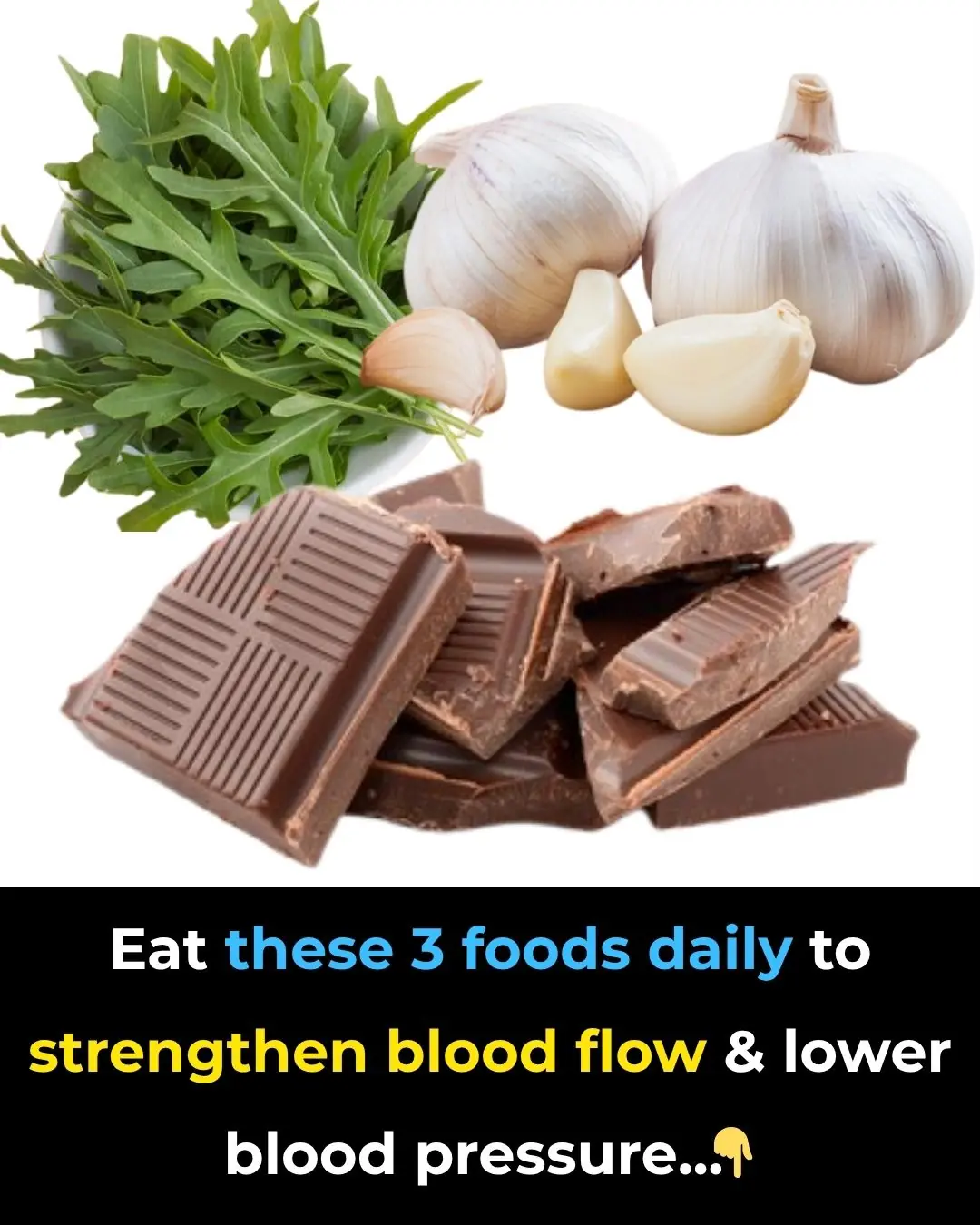
3 Food Combo to Strengthen Your Heart

What Your Belly Is Trying to Tell You

1/4 teaspoon reverses gut inflammation & cleanses liver toxins
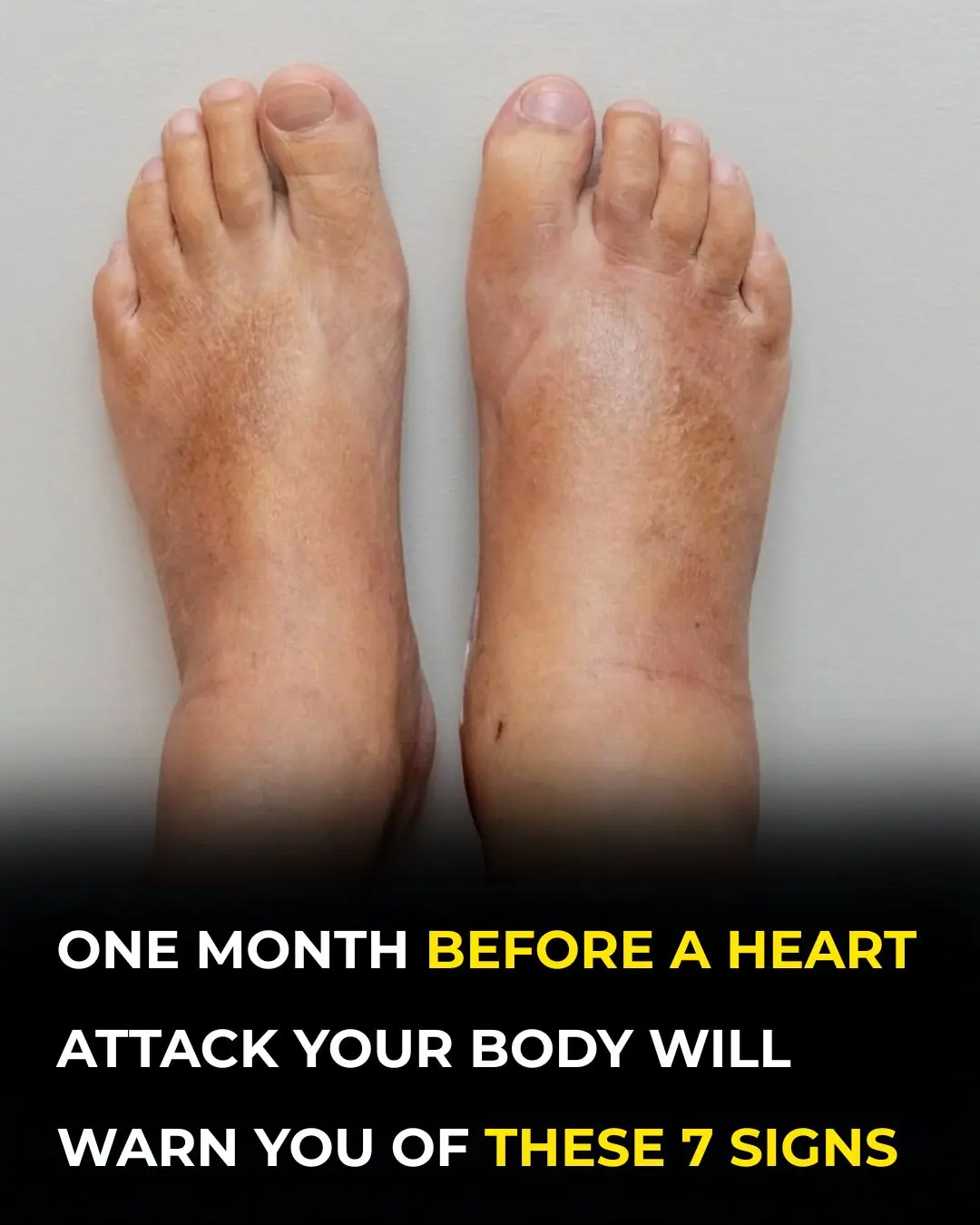
One Month Before A Heart Attack, Your Body Will Warn You Of These 7 Signs
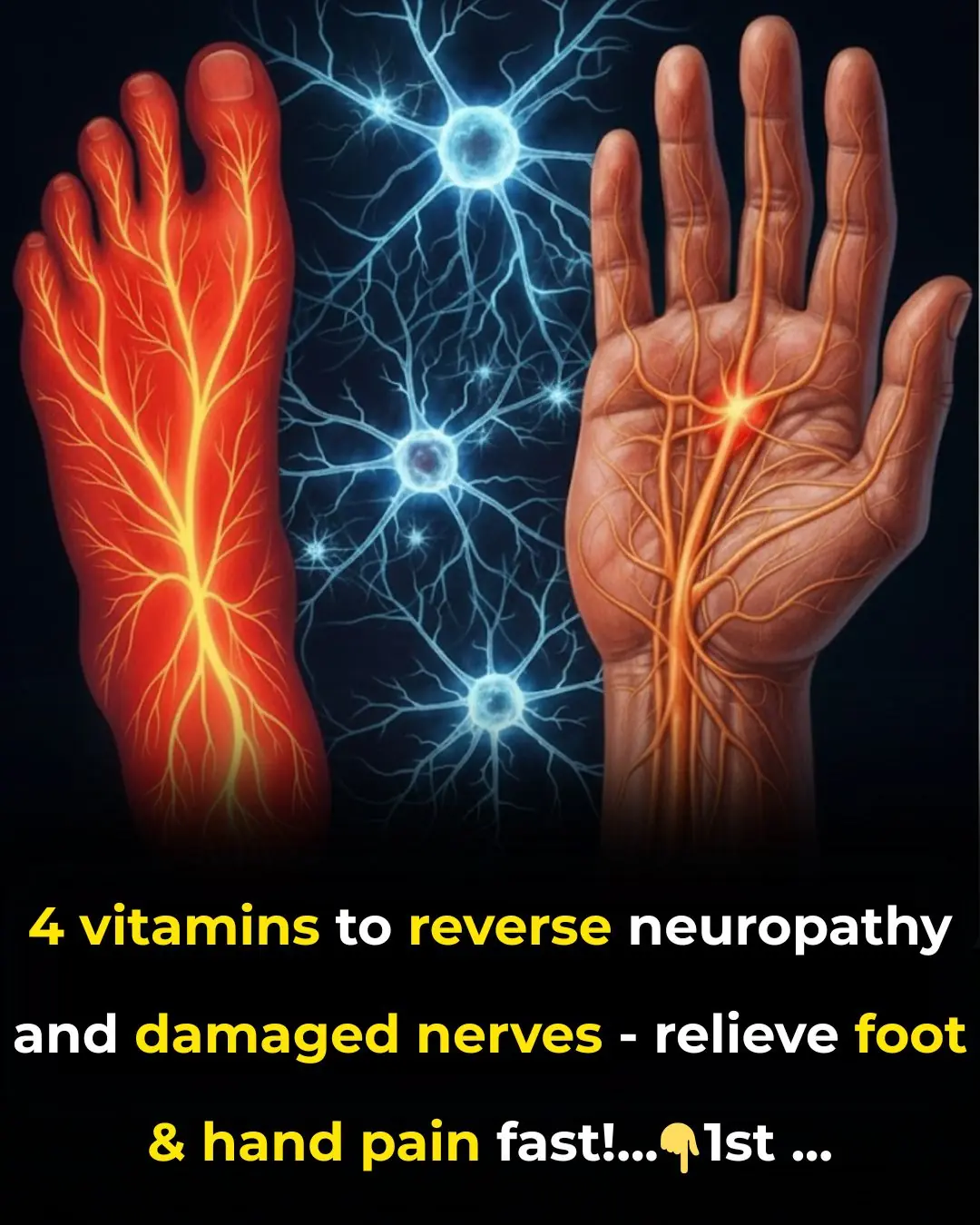
4 vitamins to reverse neuropathy and damaged nerves – relieve foot & hand pain fast!

1st death linked to “meat allergy” spread by ticks, doctors confirm

Ignite Your Day: Eggs + Coffee for Unstoppable Stamina & Vitality
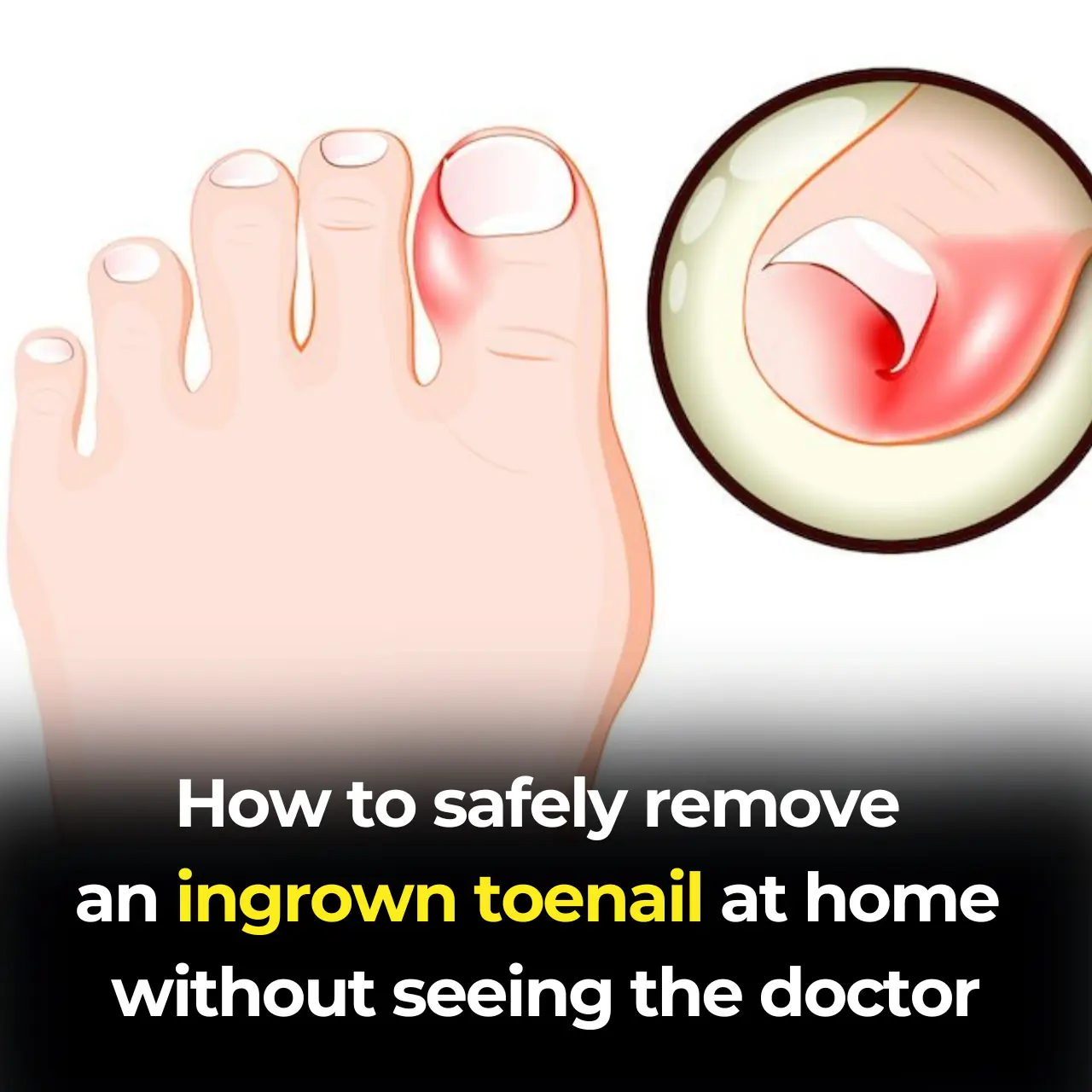
How to Effectively Remove a Painful Ingrown Toenail WITHOUT Having To Go To The Doctor

This Is What Happens To Your Lungs When You Dry Laundry Indoors
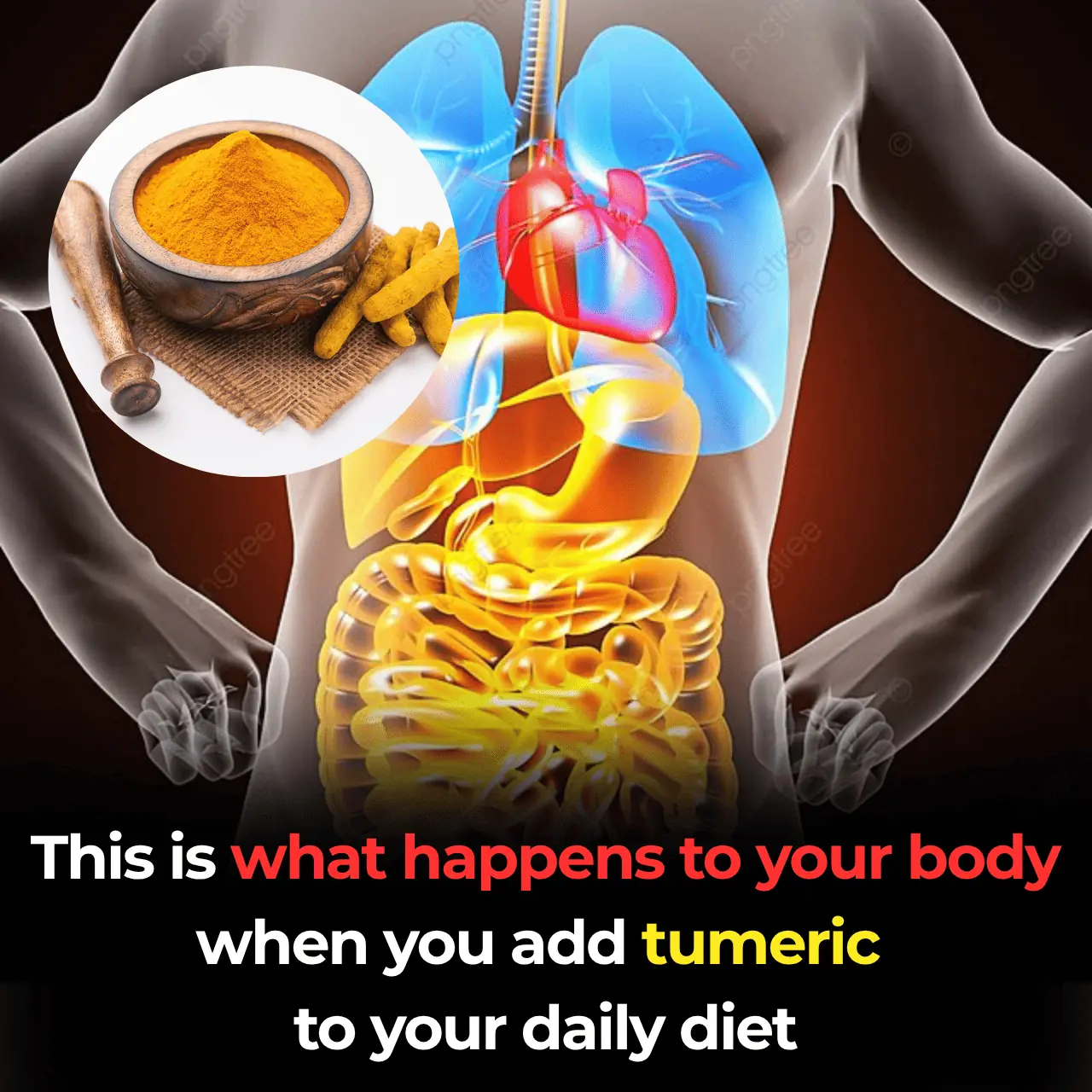
Medicinal Health Benefits of Turmeric, Curcumin and Turmeric Tea Based on Science
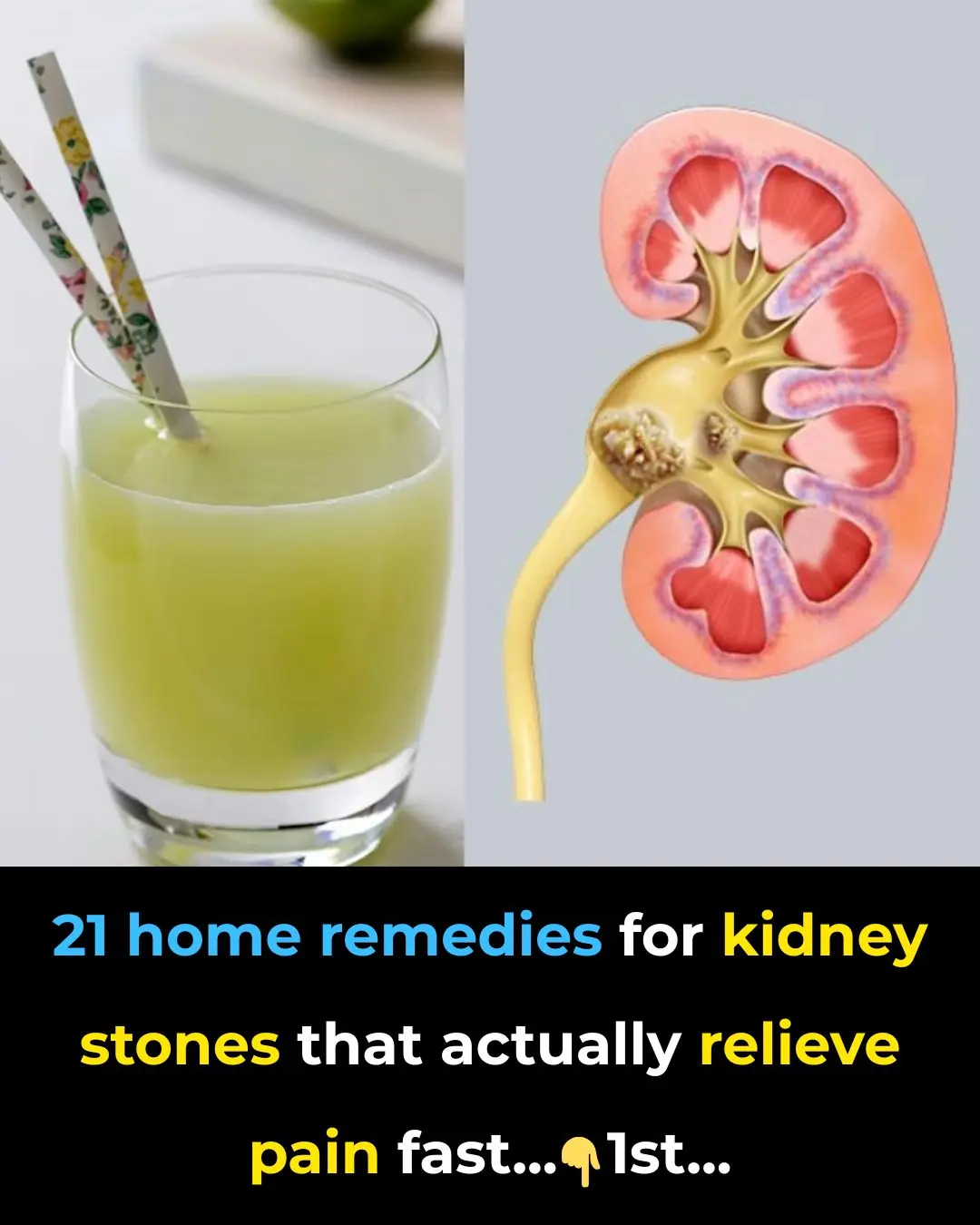
Home Remedies For Kidney Stones – 21 Remedies For Effective Pain Relief
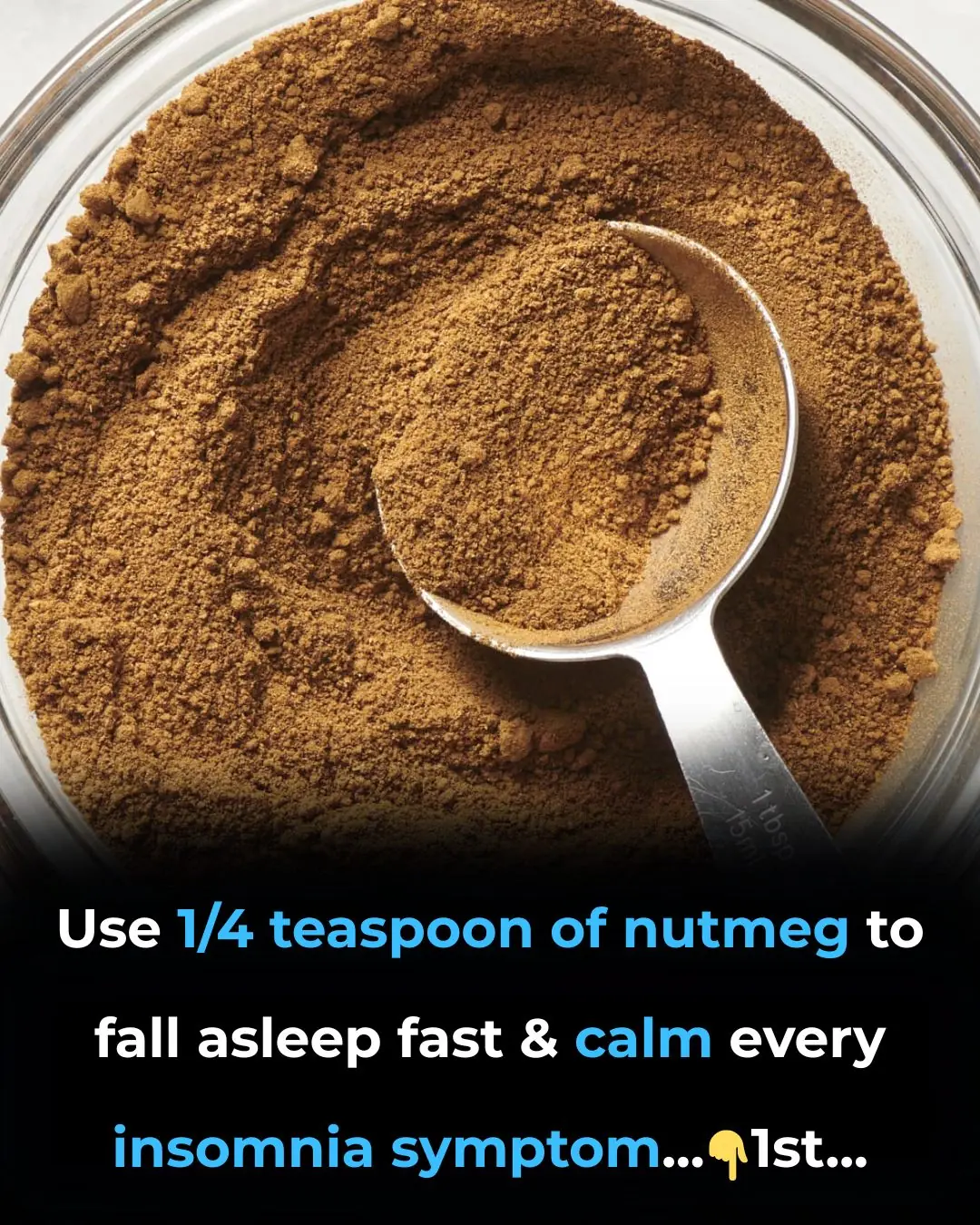
How to Use a ¼ Teaspoon of Nutmeg to Fall Asleep and Relieve ALL Your Insomnia Symptoms Overnight
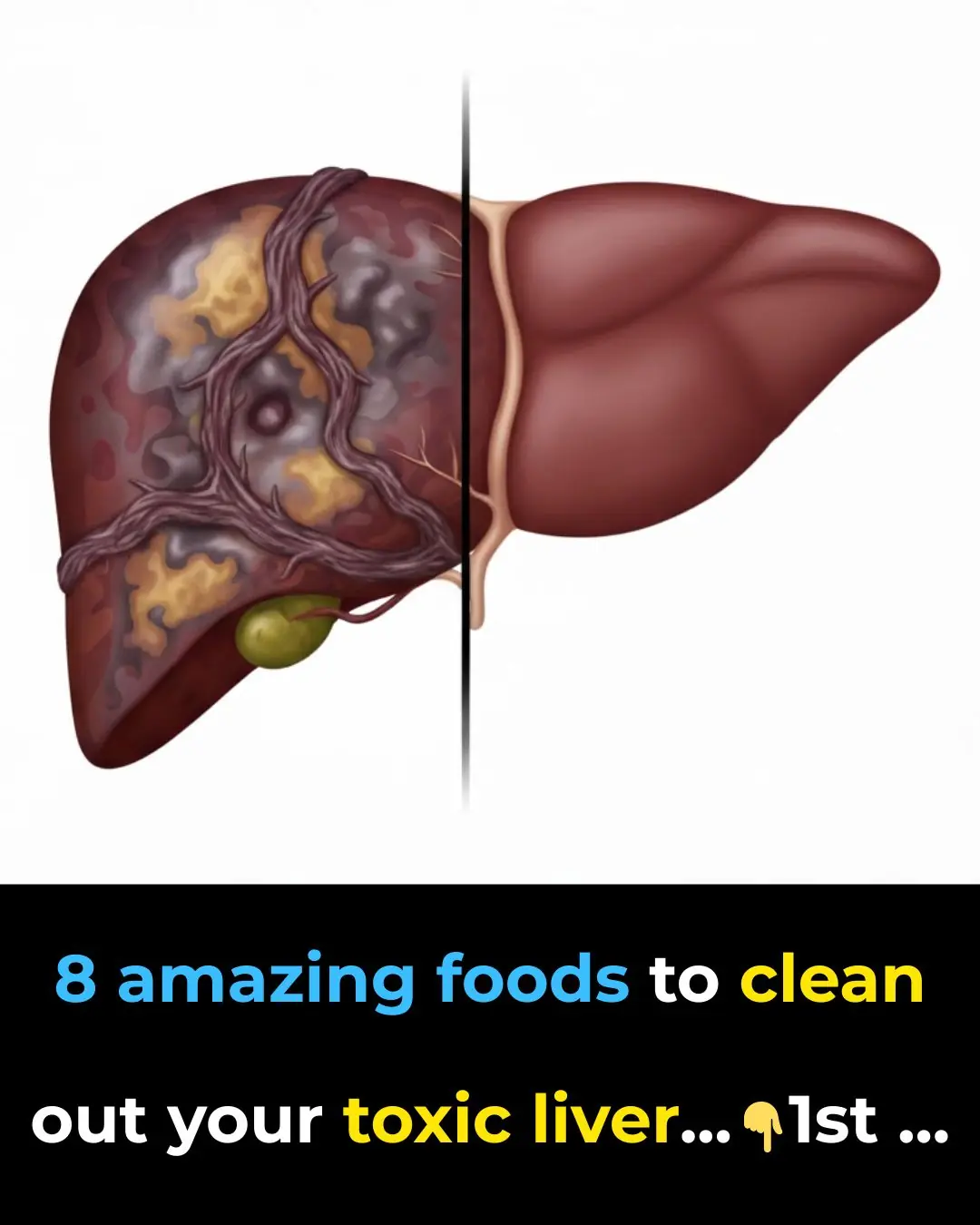
8 Amazing Foods To Clean Out Your Toxic Liver

Does The Inside Of Your Ear Itch

All lupus cases may be linked to a common virus, study finds
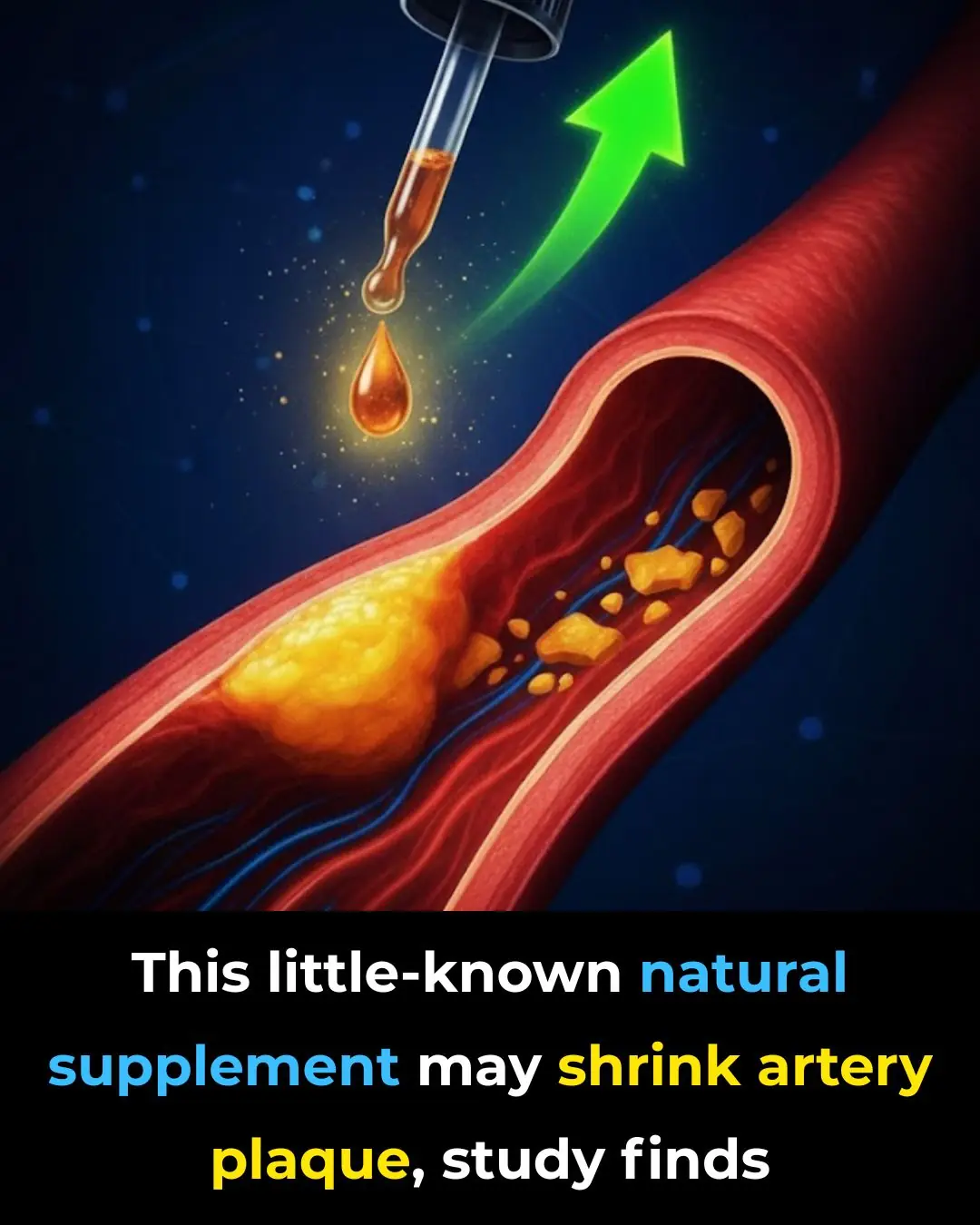
This little-known natural supplement may shrink artery plaque, study finds
News Post

Do not use a sharpening stone on dull scissors. Apply the following method to make the scissors as sharp as new ones bought from the store: Simple but effective

Don't rush to throw away expired or leftover beer. Use it for these 8 things and everyone will praise it

Weeds or Wonders? Discover the Hidden Treasures in These 4 Common Plants

Say Goodbye to Parasites, Cholesterol, High Blood Pressure, and Poor Circulation With This 7-Day Homemade Drink

Drink This 2X a Day to Remove Uric Acid Before it Crystallizes in Your Joints and Becomes Painful

Simple Tips to Fade Freckles for a More Even and Radiant Complexion

5 Effective Ways to Clean Rust, Grease, and Stubborn Stains from Your Gas Stove—Making It Shine Like New

Lower blood sugar naturally by training just 2 leg muscles

Boil eggshells and say goodbye to the …

3 Food Combo to Strengthen Your Heart

Lone Star Tick Bites: Dangers, Symptoms, And Urgent Steps To Take

If You See A Bent Tree In The Forest, Start Looking Around Immediately

If You See Someone With This Tattoo On Their Hand, Here’s What It Means

Bear Caesar Finally Freed After Years In Cruel Torture Vest

Man Isolates Himself From Society For Over 25 Years. What He Does Is Beyond Belief

Chilling Final Posts Emerge From TV Host’s 19-Year-Old Daughter Before Her Tragic Death In Los Angeles

Lady Frederick Windsor brands royal family’s lives ‘total hell’: ‘A form of torture’

Good Morning Britain's Ranvir Singh wows in flattering cord jumpsuit that 'fits perfectly'

What Your Belly Is Trying to Tell You
